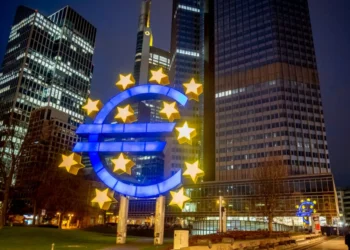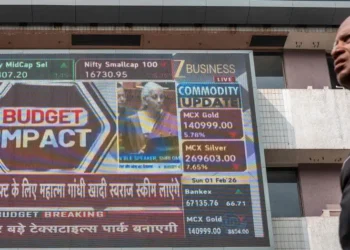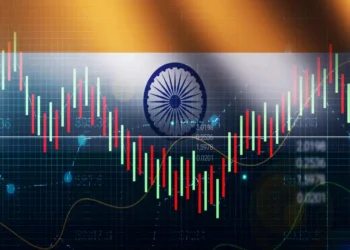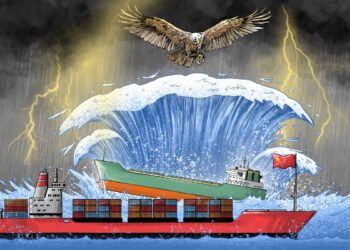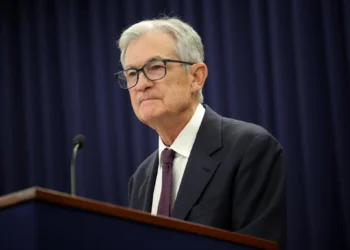BRUSSELS (Realist English). The European Commission is drafting emergency measures to support the bloc’s struggling aluminium industry after U.S. President Donald Trump’s tariff regime triggered a surge in scrap exports to the United States, starving European recycling plants of raw material.
The €40bn-a-year industry employs 250,000 people directly and supports another 1mn jobs across Europe. It has been hit twice over: exports of finished aluminium to the U.S. face a 50% levy, while shipments of scrap — a vital feedstock for recyclers — remain duty-free. Higher domestic prices in the U.S. have given American producers the revenue to outbid European buyers for old metal, creating shortages that are forcing plants to shut capacity.
“For our recyclers this is not about shrinking profit margins but survival,” warned Paul Voss, head of the trade body European Aluminium. “We only have weeks to get this right.”
Two EU officials said the commission is considering a levy on all scrap exports, with measures expected in September. “By the end of the third quarter at the latest, the commission will consider trade measures to ensure sufficient availability of scrap,” one official said, while stressing that no final decision has been taken.
The aluminium industry is critical to clean technologies such as electric vehicles and wind turbines. Yet Europe struggles to compete with U.S. and Chinese producers, who benefit from lower energy costs. Customers such as beverage companies are also demanding higher recycled content, further straining supply.
Between 2019 and 2024, EU aluminium scrap exports jumped 53%, while domestic use rose only 5%. Asia, particularly China, remains the largest buyer, but U.S. purchases have surged, nearly tripling in the first quarter of this year. U.S. scrap prices are now about 20% higher than those in Europe, according to European Aluminium.
Any move to restrict exports risks provoking Washington. The EU had threatened to ban steel and aluminium scrap exports before concluding a trade agreement with the U.S. last month, which left tariffs unchanged but promised cooperation on supply chains.
Scrap dealers, represented by EuRIC, are lobbying against restrictions. President Olivier François warned that poorly designed measures could “unintentionally harm the competitiveness of the European recycling industry without improving availability for EU manufacturers.”
A commission spokesperson said global overcapacity posed a “serious threat” to competitiveness. The EU has already imposed tariffs on many steel, aluminium and ferroalloy imports, and has launched a monitoring tool to assess scrap flows before taking further steps.



